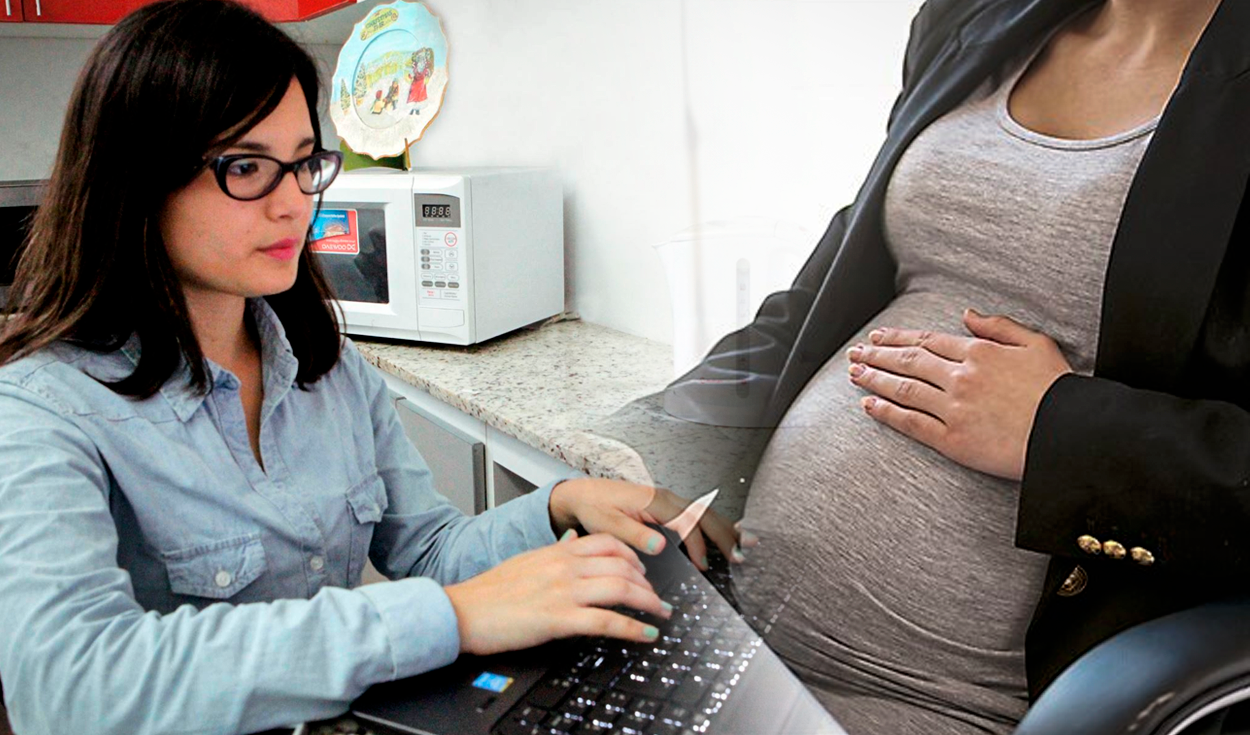
According to the last report of the Peru 2024 labor market of Bumeran, leading employment portal in Latin America, the distribution of gender applications varies according to the position level. At the junior level, women represent 46.10% of applications, while men reach 53.90%.
For senior and semi -senior levels, female participation is 32.34%, compared to 67.66% corresponding to men. As for chief or responsible positions, women constitute 29.31% of applications, while men represent 70.69%.
It has to do with aspects that have been investigated in Labor economy. According to economist Fernando Picros, it is usually for security reasons, that is, “many times women in fear of being rejected only postulate if they scrupulously meet all the requirements.” On the other hand, men even when they do not meet the requirements are encouraged to postulate “in case the opportunity is suddenly given for some other reason.”
Women in power position
As of January 1, 2025, there are 26 countries where 29 women serve as heads of state and/or government. To the current rhythm, gender equality in the highest decision spheres will not be achieved for another 130 years, according to calculation of UN Women.
Likewise, the organization reports that only six countries have 50%or more women in Parliament in low chambers or unicameral parliaments: Rwanda (61%), Cuba (56%), Nicaragua (54%), Andorra (50%) , Mexico (50%), New Zealand (50%) and United Arab Emirates (50%).
Equality in the participation and leadership of women in politics and the public sphere is essential to meet the sustainable development objectives before 2030.
What prevents women from occupying high -level positions?
As explained by Alejandra Dinegro, labor specialist at the National University of San Marcos (UNMSM), there is a sexual division of labor.
“There are areas where it is still inflexible that the woman occupies senior positions, such as economics, finance, management, and administration,” said Dinegro.
On the other hand, Cuadros explained that women usually allocate more hours to homethe care of sick children or relatives, which limits their possibilities to expose more hours than men in positions that are highly remunerated. Consequently, previous years when they try to access senior positions, they will not have the necessary experience from the beginning.
Source: Larepublica
Alia is a professional author and journalist, working at 247 news agency. She writes on various topics from economy news to general interest pieces, providing readers with relevant and informative content. With years of experience, she brings a unique perspective and in-depth analysis to her work.












